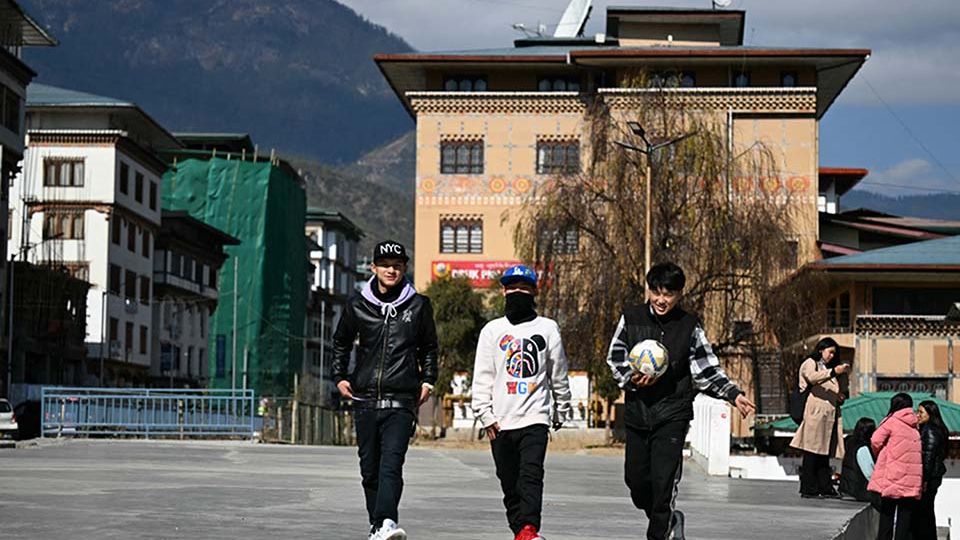June 3, 2025
THIMPHU – The sharp rise in Bhutanese outmigration since the Covid-19 pandemic is no longer just a trend; it has become a full-blown national crisis. Prime Minister Tshering Tobgay has rightly called it an existential crisis, one that threatens the very foundation of our country’s future if left unaddressed.
According to the World Bank’s recently launched “Bhutan development Update” report, the number of Bhutanese leaving the country via Paro International Airport skyrocketed from fewer than 500 monthly pre-pandemic to more than 5,000 by early 2023. The Bhutanese diaspora in Australia alone doubled from around 12,000 in 2020 to over 25,000 by 2024.
These figures underscore a painful truth: Bhutan is losing its best and brightest at an unprecedented rate. And the implications of this migration wave go far beyond the emotional loss of our people. The exodus of highly skilled professionals, especially in health, education, and technical sectors, is hollowing out our core public services and undermining Bhutan’s development potential. The term “brain drain” no longer captures the magnitude of the crisis we are facing, it is a hemorrhage.
Paradoxically, migration has brought economic benefits. Remittance inflows have soared over the years. Nearly USD 20 million came from Australia in December 2023 alone, up from less than USD 2 million just four months earlier. These funds are keeping thousands of families above the poverty line. The World Bank report states that without these remittances, some 24,000 Bhutanese might have slipped into poverty. Clearly, the remittance from the diaspora is helping keep the economy afloat.
But the question we must now ask is whether Bhutan can strike a balance between short-term economic gains and long-term sustainability. The answer lies not only in stemming the flow but in bringing our people back. And therein lies the challenge.
According to the World Bank’s survey, 77.7 percent of aspiring migrants and 63.5 percent of current migrants would consider returning home if job quality and working conditions improved. Many are even willing to accept lower wages than they earn abroad. However, nearly 25 percent said they would only return for salaries equal to or greater than what they currently earn overseas. One in five migrants said they would come back only for jobs paying more than Nu 100,000 per month. That’s currently the salary bracket for the top one percent of professionals in the country.
In the context, while the migration crisis is not necessarily irreversible, can we create enough incentives for our diaspora to return? Judging by the current state of affairs, the answer is far from optimistic.
The National Reintegration Programme (NRP), which was launched in August 2023, has had dismal results. More than 160 overseas returnees who registered with the NRP are still waiting for job placements. And of the 28 individuals who were reintegrated, 26 have already opted to go back overseas.
Meanwhile, much hope has been pinned on long-term projects like the Gelephu Mindfulness City. This Royal vision, ambitious and commendable as it is, will take years to materialise. Bhutan cannot afford to wait that long. In the interim, what is urgently needed is a set of bold and immediate policy reforms to revitalise sectors that can generate large-scale employment, raise wages, and restore faith in the country’s economic prospects.
Reversing the migration trend may be a herculean task. But slowing it, starting with reducing the numbers, creating credible opportunities at home, and offering pathways for return, is possible. Bhutan’s future depends not only on retaining its people, but on earning back their trust. The window to act is narrow. But act we must, before more planes take off from Paro, carrying away the dreams we could have built right here at home.


